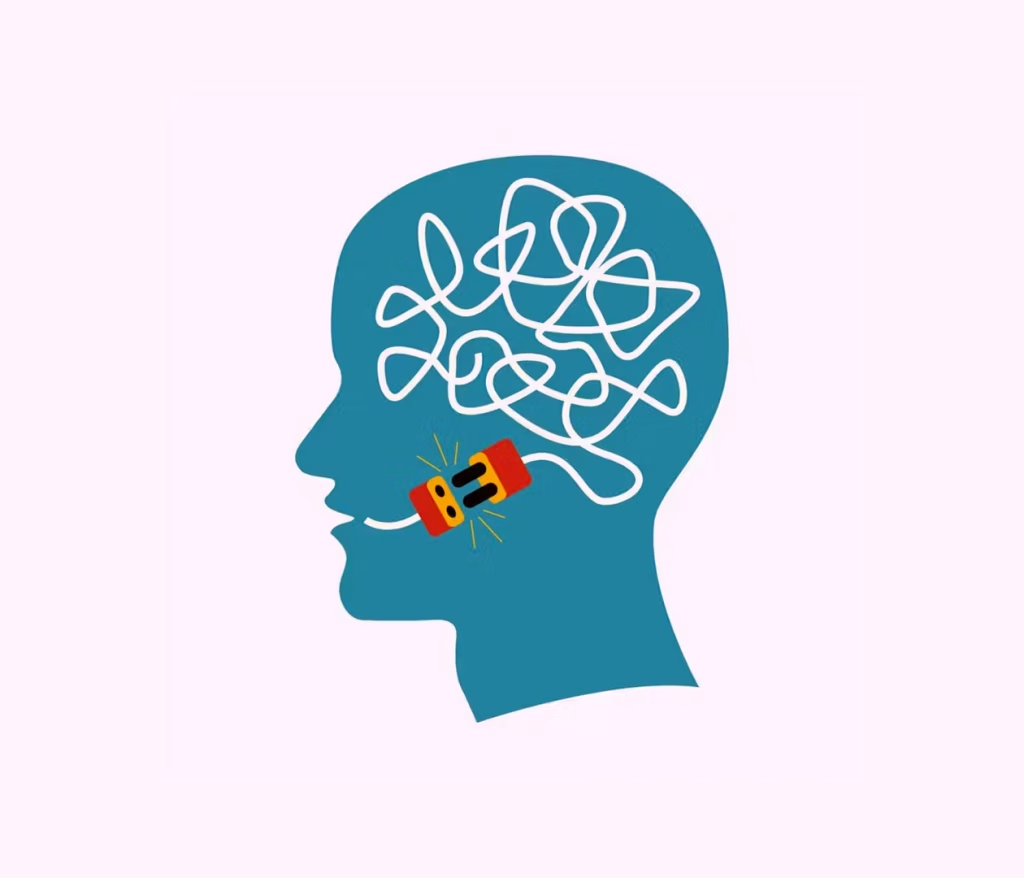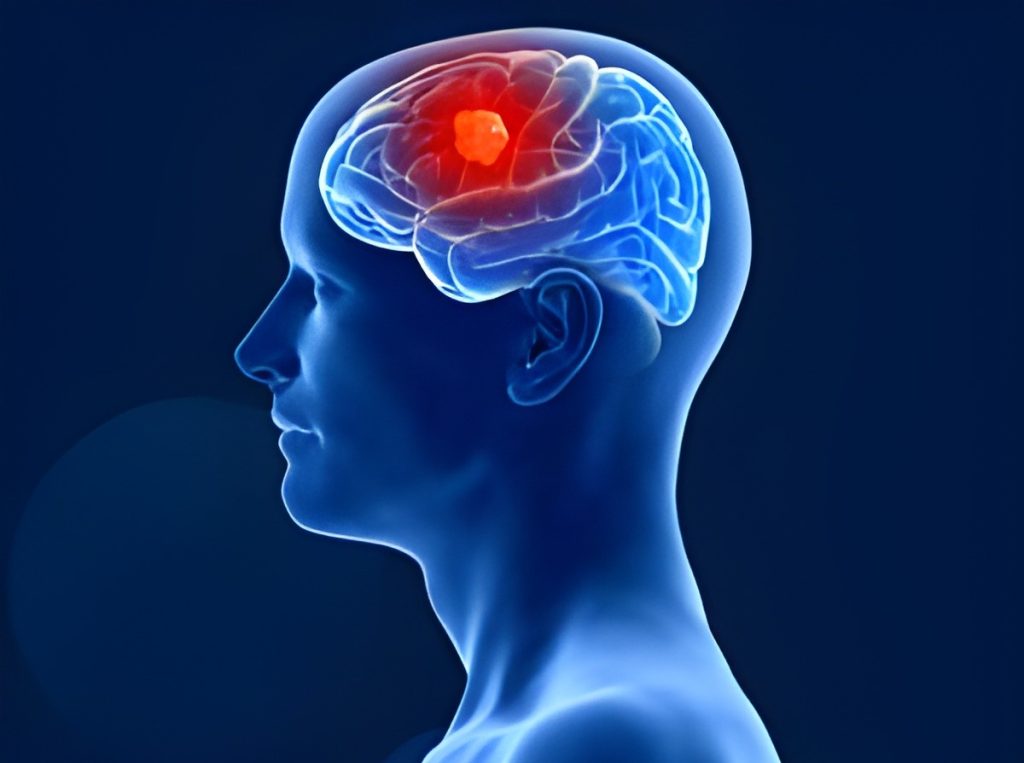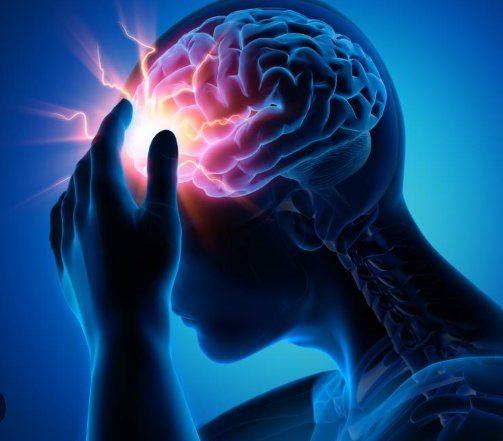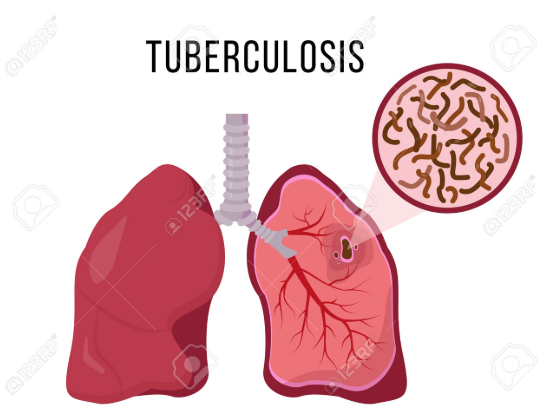Pelade ( Alopecia Areata)
Pelade is an autoimmune disease in which the body’s immune system mistakenly attacks hair follicles, leading to localized bald patches on the scalp, beard, eyebrows, or other hair-bearing areas. Causes of Pelade: 1. Autoimmune Reaction 2. Genetic Factors 3. Other Autoimmune Conditions People with pelade are more likely to have or develop: 4. Environmental Triggers […]
Pelade ( Alopecia Areata) Read More »









